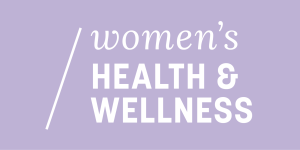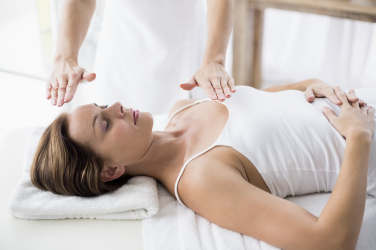
By David Buice
Mental health knows no age boundaries. According to the American Psychiatric Association (APA), 50% of mental illness begins by age 14, and 75% by age 24. The more common symptoms of mental illness are things like sleep or appetite changes, mood changes and withdrawal, increased sensitivity, apathy, illogical thinking, nervousness, and odd, uncharacteristic, peculiar behavior.
Having one or two of these symptoms does not necessarily indicate mental illness. Still, mental health specialists at the University of Rochester School of Medicine and Dentistry list several reasons to seek professional help when:
One of the first reasons is when you have thoughts, emotions, or behaviors that are out of control, especially when those feelings negatively affect relationships, work, or your overall sense of well-being. Never feel embarrassed to ask for help when these feelings are overwhelming you.
Another indicator of the need for professional help is when drugs or alcohol are interfering with your health, your job, your family or other relationships, or your ability to carry on basic, daily responsibilities, including personal hygiene.
Additionally, you should reach out for help when you’re confused and feeling overwhelmed by a whirlwind of emotions and need a caring individual to help you sort through these. And finally, and most importantly, if you think your life is not worth living and you would rather die than deal with your pain and emotions, you need to seek help immediately.
Some mental health conditions occur more frequently in women than men and play a significant role in a woman’s overall health. One of these is depression. Approximately 12% of women, compared to 6% of men, are likely to suffer from depression.
Women are twice as likely as men to have panic disorder, generalized anxiety, and specific phobias. Women are twice as likely as men to develop PTSD after a traumatic event.
Regarding suicide, while the suicide rate among males was over three times higher, women attempt suicide two to three times more often than men.
Finally, there is the matter of eating disorders. Women account for approximately 85% of anorexia and bulimia cases and 65% of binge-eating disorder cases.
Whatever the issue, a good place to begin seeking help is with your primary care physician, who will probably refer you to a mental health specialist.
DID YOU KNOW?
- Women not only suffer depression more often than men, but also respond differently.
- While men suffering depression often complain of job-related stress, women complain of fatigue or appetite or sleep problems.
- Men suffering depression often find relief through sports and various hobbies, while women tend to use religion and other emotional outlets to offset depression.










